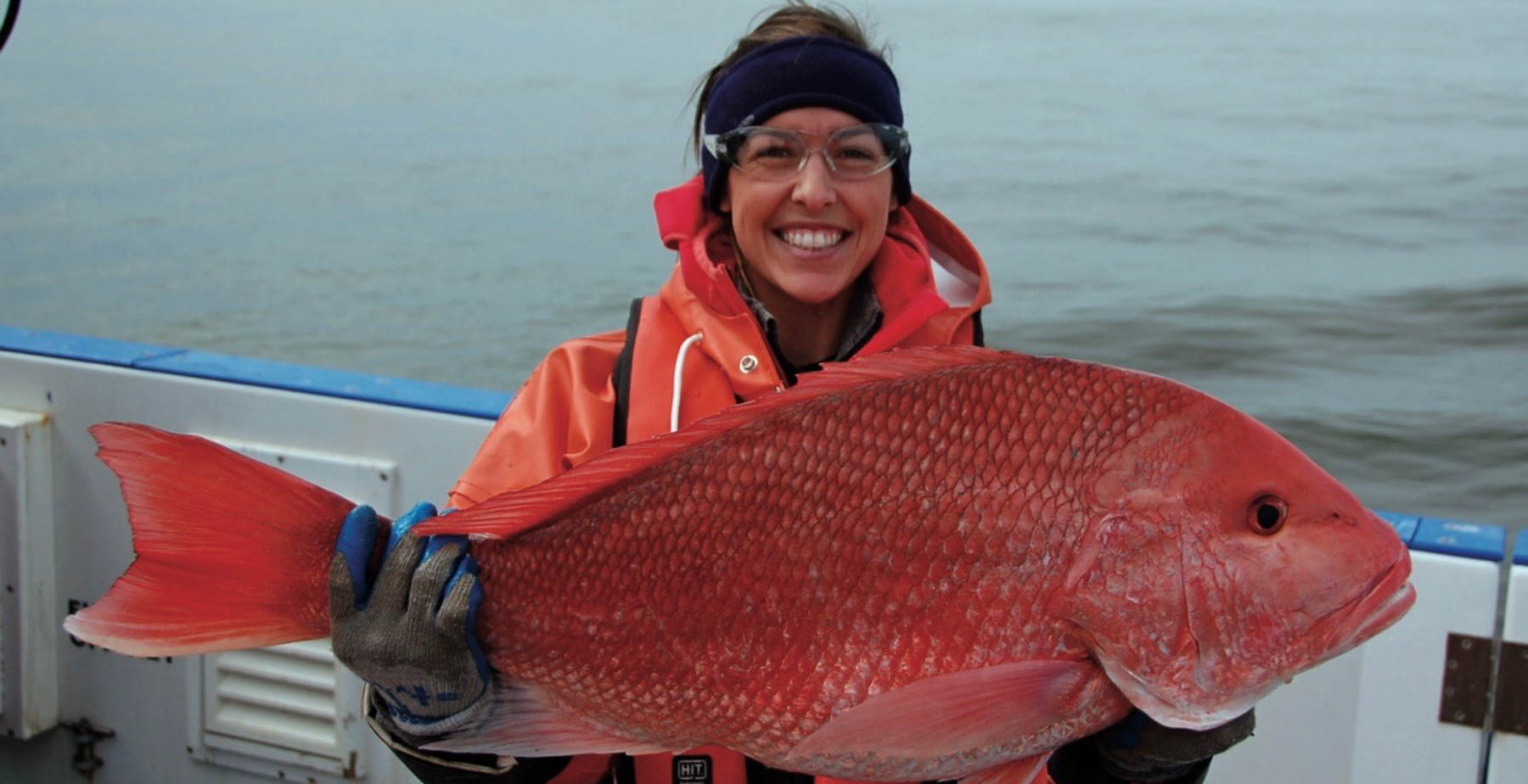Scalpel? Check. Kitchen Knives? Check.
Posted on April 22, 2016

First-year medical student C.C. Linder is studying to become a family physician, but this night, her training involves a chef’s knife, an onion and a dish called Shrimp Fra Diavolo – all part of a Culinary Medicine class for future health-care providers at the University of South Alabama.
“We’re working through the heart module, so we talk about how weight and sodium can affect everything, said Linder, 25, of Spanish Fort. “Educating doctors is a good starting point toward educating patients.”
The class is a joint effort by the USA Mitchell Cancer Institute and the USA Colleges of Medicine and Nursing, and is patterned after the Goldring Center for Culinary Medicine at Tulane University. The two-week course, consisting of two three-hour modules, is currently in the pilot stage at USA. Eventually, it could become a credit-earning elective for medical and nursing students, and may even be offered to the community at large.
“Our hope is to offer these culinary medicine courses to cancer survivors, those suffering from other chronic diseases and community members interested in improving their nutrition through the healthy cooking of delicious and affordable meals,” said Margaret Murray Sullivan, associate director of the division of cancer control and prevention at Mitchell Cancer Institute. “We plan to pilot two community classes over the summer, with the goal of developing a sustainability plan to offer them on an ongoing basis.”
So far, interest is high in the voluntary classes. There is even a waiting list for student participation.
During the class, Linder and seven other students convene around countertops at St. Paul’s Episcopal Church kitchen. As Linder chops onions for the Shrimp Fra Diavolo, instructor Brenden Ingraham, a third-year med student, offers his expertise: “Keep the tip of your knife on the board,” he advised, demonstrating how to rest the side of the knife against his knuckles for safety.
In a few minutes, Linder’s chopped onion is tossed with garlic in a saucepan. She and three others in her group add tomatoes, water, white wine, oregano, red pepper flakes and salt and pepper. Sauteed shrimp and parsley will go into the pan just before it’s finished and added to angel hair pasta along with a topping of parmesan cheese.
The bottom line is smart eating. One cup of pasta and 2 ounces of shrimp provide a respectable 415 calories with 430 mg of sodium and 2 grams of sugar, according to the curriculum handout.
“Typically, a physician will tell a patient, ‘You need to cut out salt or go on a low-sodium diet,’” said Nancy Brumfield, a registered dietitian at MCI and one of the culinary instructors. “This gives them a better understanding of what it means to make changes in their diet.”
Linder, the medical student, said she heard about the class from Family Physician Department Chair Dr. Allen Perkins. “I was the fourth person who got in,” she said.
Linder said she enrolled in the class for many of the same reasons she chose to study medicine. After earning a bachelor’s degree in chemical engineering from Auburn University, she decided to follow in the footsteps of her parents, who are family physicians. “I realized, with engineering, I would be in a cubicle,” she said. “I really wanted to help people.”





